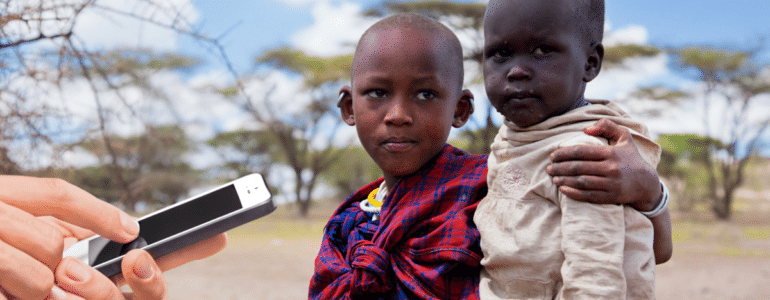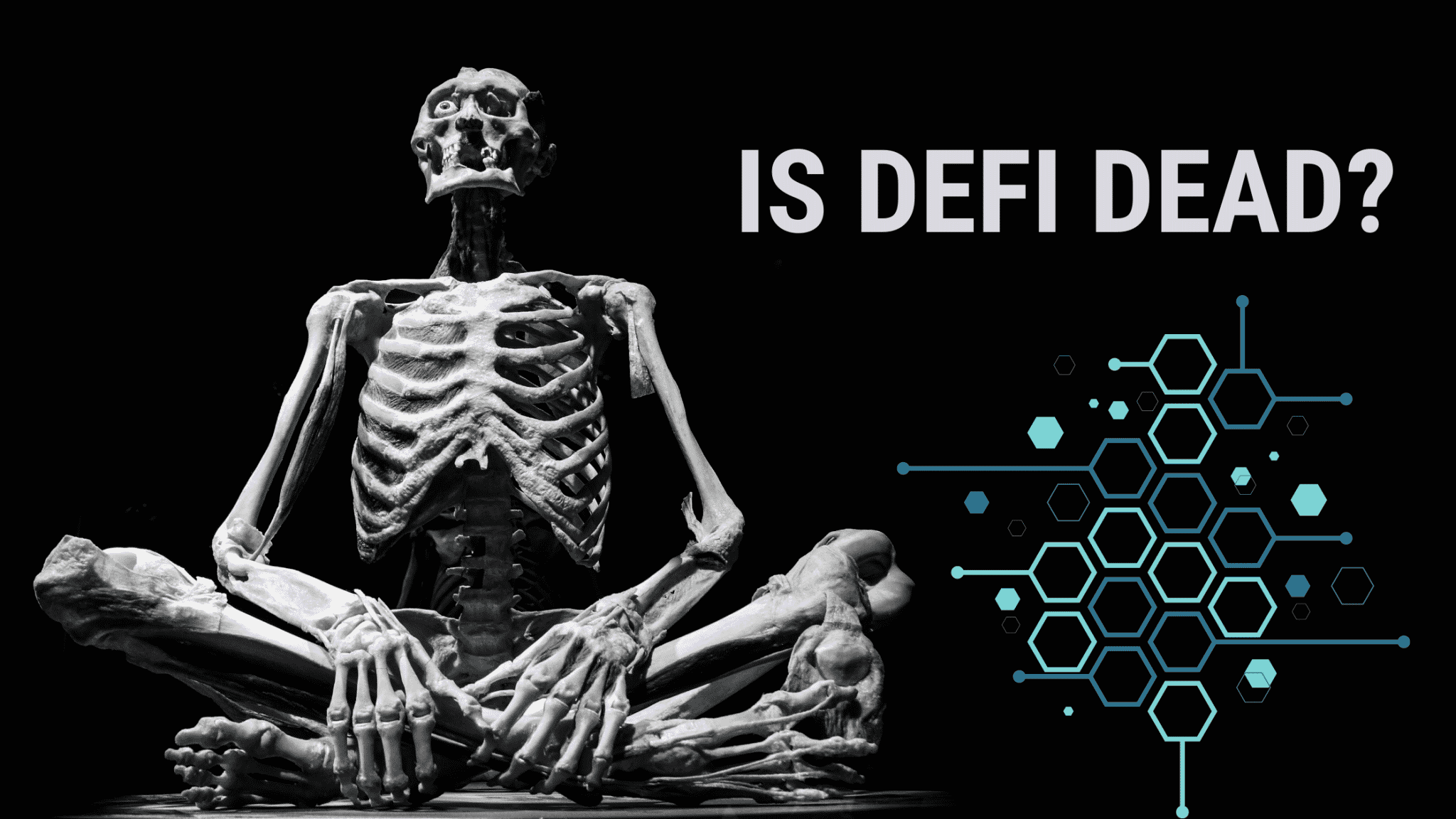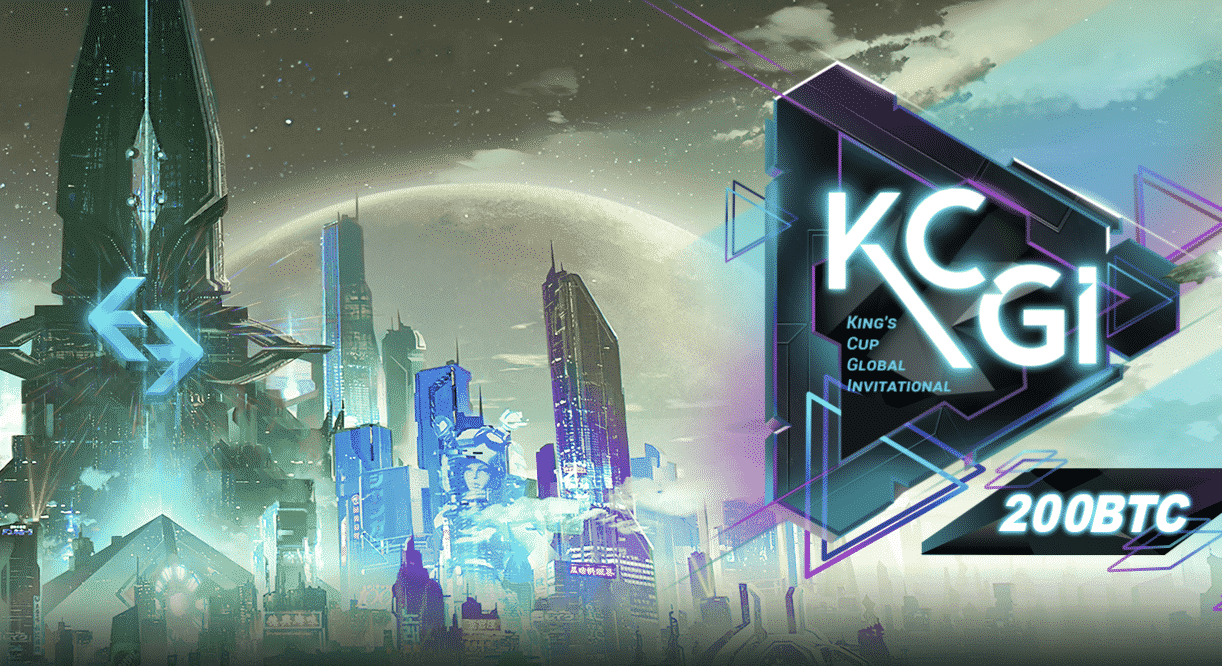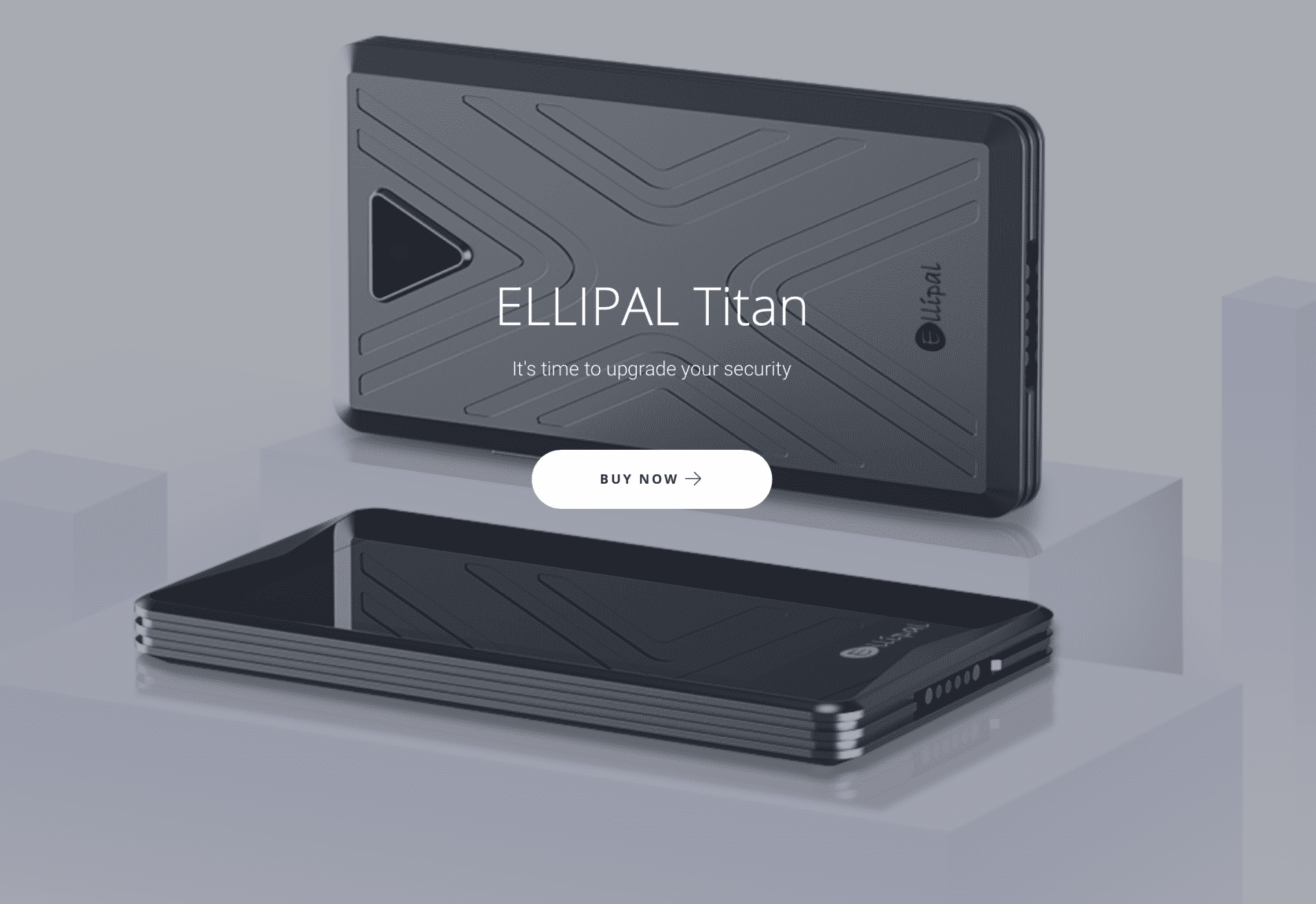 Navigation
Navigation

The Death Of Charities: Bitcoin & Blockchain Technology To Replace Them?
|
|
Just imagine a world where you can help any human in need and help them with a push of a button. This is what Blockchain technology has the potential to become.
Blockchain technology is creating a new model for charities, which manage large amounts of money, require complex accounting and conduct a lot of research, have much to gain from blockchain technology as digital transactions and smart technology increase.
The Charities Aid Foundation, recently released a 20-pagereport, “Giving Unchained – Philanthropy and the Blockchain,” which examines how blockchain technology will affect the way charities raise money and operate. Is this the future of Charities?
The report claims that blockchain technology could change the way people contribute to charities and the way charities address social problems.
THE REPORT ASKS THE FOLLOWING:
- Can digital colored coins that represent assets create a way to make donations of intangible assets like intellectual property?
- Can self-governing contracts provide new opportunities for businesses to embed philanthropy as well as new ways for charities to raise funds and address social problems?
- Can the blockchain offer a “radical transparency” to overcome the lack of public trust?
- Will the “Internet Of Things” supported by blockchain technology deliver an environment in which smart machines become a “hyper-rational” donor class?
KEY FEATURES BLOCKCHAIN TECHNOLOGY ARE:
- Transparency: The ledger is public and can be seen by any user. Any system based on it is fully transparent.
- Reduced transaction costs: The ledger is maintained and owned by users, so there is no need for a third party, thereby reducing associated costs.
- Building trust: Since blockchain technology eliminates the need for third parties and makes transactions open, it could deliver major benefits in improving trust.
- Integrating the physical and the digital: Blockchain technology provides a way to represent any asset, tangible or not, in the digital world. It does this in a way that ownership status can be identified at any point in time while being completely integrated with digital payment mechanisms.
The report goes into extensive detail on each of the above four topics.
As more appliances go online, they could become part of the blockchain, adding their processing power in exchange for money.
Examples to look at:
The BitGive Foundation, which describes itself as the world’s first bitcoin nonprofit.
The organization partners with nonprofits like Save The Children and The Water Project, explains founder and executive director, Connie Gallippi, and harnesses Bitcoin’s benefits — namely cheaper, faster and more secure transactions — in order to raise charitable funds.
In March, BitGive unveiled a water well at a girls’ school in Western Kenya funded entirely with $11,000 in Bitcoin donations culled from members of the Bitcoin community.
The well serves 500 Kenyans who wouldn’t otherwise have access to water, says Gallippi, ork City. “It has made a huge impact.”
“While very few charities or donors may at this stage even be aware of the blockchain, it seems almost certain that the technology is, in one form or another, going to play an increasingly important role in the years to come. Those who want to prosper in this new environment would thus do well to think through the implications now.”
BLOCKCHAIN + CHARITABLE DONATIONS IS THE PERFECT COMBINATION!
WHAT ARE THE BENEFITS?
Radically reduced transaction costs.
Blockchain technology is decentralized. This means that it is not owned or operated by any one person or organisation, but rather shared between users. Transactions on the blockchain do not require middleman (PayPal, Charity reps) as the ecosystem can be used to create things like “smart contracts” which are computer protocols (think lines of code) that record and active based on triggers.
Simple talk: Instead of getting charge $5 bucks to send money with a third party that takes days and sometimes doesn’t work at all. You can now send any amount for literally pennies, with no middle man involved.
INCREASED TRANSPARENCY
Blockchain technology is by its nature entirely transparent (Well, not 100% exactly). Any user of the system can see exactly who owns what at any given time, and who has given what to whom. So, when it comes to money; since cryptocurrency is non-fungible (i.e. each piece is unique so one piece cannot simple be exchanged for another), an individual donor would literally be able to track their donation right through a charity and out the other side.
ENHANCED TRUST
Trust should me the most important element in charities, but these days that seems not be the case. organization, Blockchain technology offers real opportunities to show trust.
The removal of the need for third parties (Payment systems, organizations and governments) means that the new 2.0 charities (You to the needed) and non-profits would no longer have to rely on other institutions such as banks, lawyers and government bodies in the same way.
Benefits overall:
- Almost zero transaction cost
- Eliminate middle man
- Eliminate corruption
“If people can see exactly where their donations are going, and exactly what an “organisation” is spending money on, then there is little room to hide. For those charities that are able to use this ‘radical transparency’ to demonstrate that they spend money relatively effectively, this could lead to increased support. However, there are also risks. As we pointed out in our report on cryptocurrency, the danger of such radical transparency is that without further efforts to educate donors about the way charities operate, it could simply lead to people making unreasonable demands about the way that their own donations are used.”
SO WHAT SHOULD YOU DO?
- Buy cryptocurrency and see how they work.
- Read the CAF report on blockchain based currencies
- Think about the possible uses for blockchain technology in third world developing countries






dissertation help in uk https://helpon-doctoral-dissertations.net/
cultural studies dissertation help https://mydissertationwritinghelp.com/
umi dissertation services https://help-with-dissertations.com/
cheap dissertation writing service uk https://dissertationwriting-service.com/
get dissertation help https://buydissertationhelp.com/
free slots 1 https://slotmachinegameinfo.com/
play slots free wolf moon https://www-slotmachines.com/
free buffalo slots https://411slotmachine.com/
old vegas slots https://download-slot-machines.com/
my vegas slots free chips https://beat-slot-machines.com/
skill slots app smt4a https://slot-machine-sale.com/
cashman casino slots free https://slotmachinesforum.net/
sunset slots instant play https://slotmachinesworld.com/
free caesars slots online https://pennyslotmachines.org/
river slots app https://candylandslotmachine.com/
free slots 12×12 https://freeonlneslotmachine.com/
free vegas slots online https://2-free-slots.com/
snap chat gay solo https://gay-buddies.com/
indian gay chat room https://gaytgpost.com/
whats the best sith for findina a gay dating site for women https://gaypridee.com/
free seattle wa gay and bi mens chat sites https://bjsgaychatroom.info/
3whitehall
[…] effectively. Bitcoin-based charities like the BitGive Foundation use blockchain’s secure and transparent distributed ledger to let donors see that the intended party has received the funds. Blockchain also makes tampering […]
[…] effectively. Bitcoin-based charities like the BitGive Foundation use blockchain’s secure and transparent distributed ledger to let donors see that the intended party has received the funds. Blockchain also makes tampering […]
[…] effectively. Bitcoin-based charities like the BitGive Foundation use blockchain’s secure and transparent distributed ledger to let donors see that the intended party has received the funds. Blockchain also makes tampering […]
[…] tragic part of Laurent’s story concerns the Red Cross. The Red Cross is one of the largest humanitarian aid organizations in the world. Naturally, when the earthquake hit Haiti, it very publicly raised $500m in funds to […]
[…] tragic part of Laurent’s story concerns the Red Cross. The Red Cross is one of the largest humanitarian aid organizations in the world. Naturally, when the earthquake hit Haiti, it very publicly raised $500m in funds to […]
[…] tragic part of Laurent’s story concerns the Red Cross. The Red Cross is one of the largest humanitarian aid organizations in the world. Naturally, when the earthquake hit Haiti, it very publicly raised $500m in funds to […]
Very excited about this!
Very excited about this!
Very excited about this!